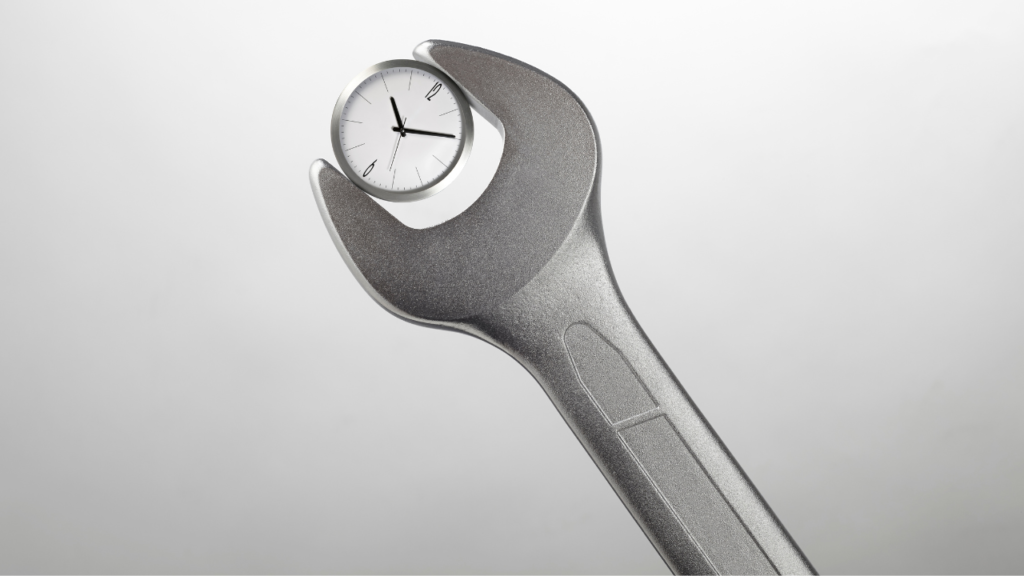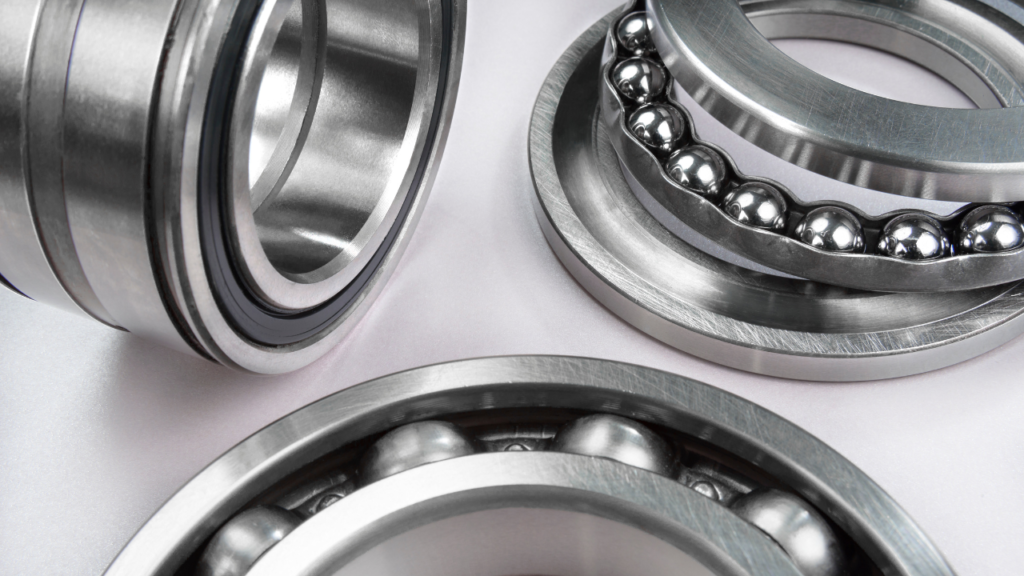
Workforce Development
Big changes are happening in today’s workforce. These changes have nothing to do with downsizing, global competition, or stress; it is the problem of a distinct generation gap. Young people entering the workforce are of diversified background and have much different attitudes about work. They want a life‐work balance. They want to be led, not managed — and certainly not micro‐managed. The new mode is flexibility and informality. A large proportion of our managers of the veteran era have been trained in relatively autocratic and directive methods that don’t sit well with today’s employees. Are we preparing our workforce to meet tomorrow’s need?











